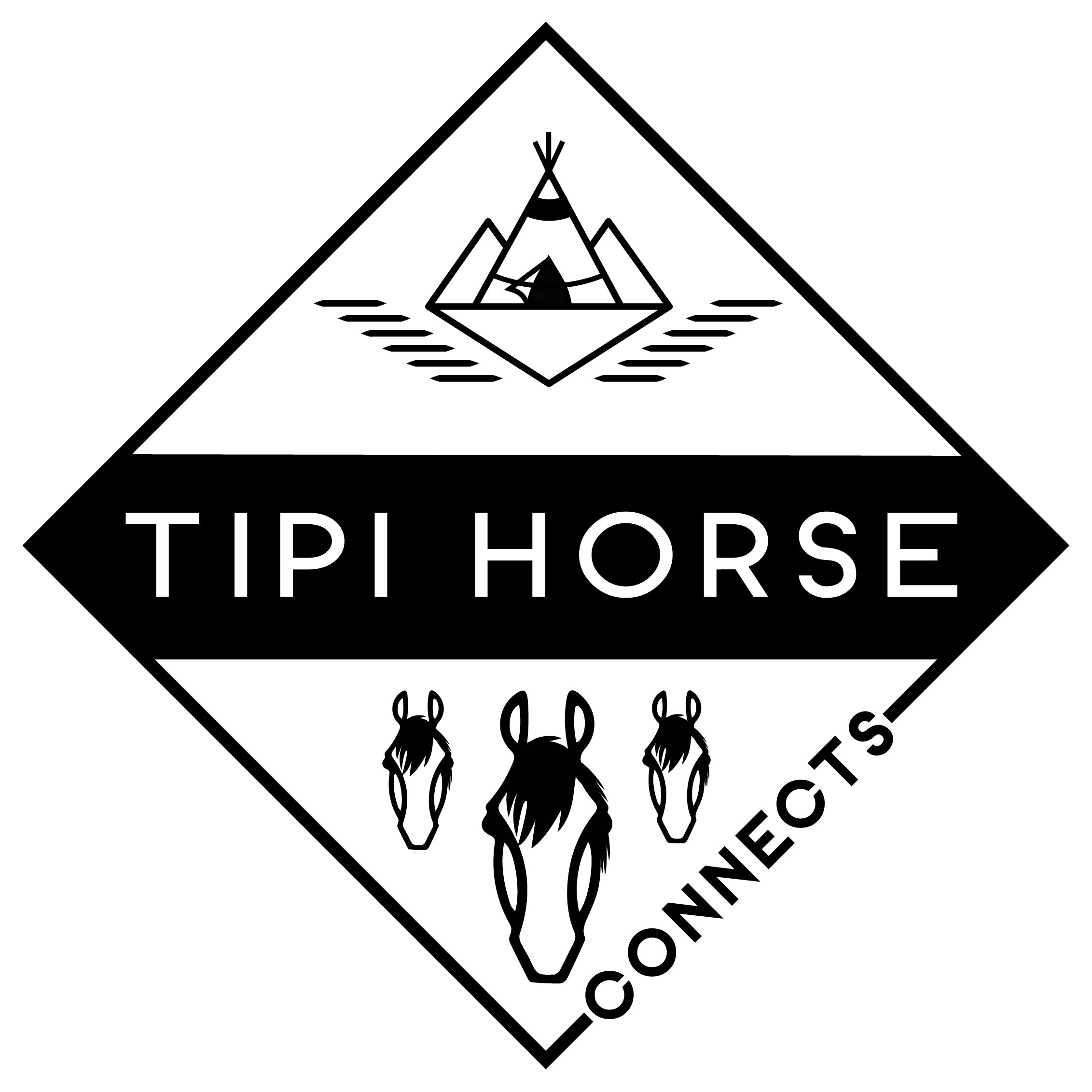Indigenous Cultural Training
Our Indigenous Cultural training program uses a reciprocal strength-based approach in its delivery of Indigenous cultural awareness to inform and support individuals and organizations. Our program is centred around the creation of an ethical space in which candidates can learn and engage in open dialogue. This respect-focused space will provide all of the participants an opportunity to delve into a deeper knowledge and more profound understanding of the subtle nuances and complexities that exist in Indigenous and non-indigenous relationships from both historic and contemporary perspectives. For example, “How does the past inform the present?” Our program follows a basic structure but encourages open dialogue as a means to critically explore and create deeper understanding of a wide range of topics affecting all Canadians (Indigenous and non-indigenous).

The Key Highlights of our program centre around, but are not limited to the exploration of the following areas of discussion:
- North American Indigenous Peoples: pre-contact and post-contact.
- History: Who writes history? Whose perspectives are reflected in how history is written.
- Ways of knowing and traditions (both Indigenous and non-indigenous).
- North American Indigenous and Euro-Western cultures, values, belief systems, languages, spirituality, and lifestyles. Historic and contemporary.
- What does “worldview” mean? Indigenous and Euro-Western worldviews
- Compare and contrast North American Indigenous and Euro-Western worldviews and values.
- Settler/Indigenous Relations: Colonialism and the legacy of settler colonialism.
- Racism (systemic, institutional, individual).
- Terms used to describe Indigenous Peoples: (i.e. First Nation, Métis, Inuit). What do the terms mean? Who are we talking about?
- How does the past impact and inform the present? (i.e. residential schools, historic and intergenerational trauma, Historic Trauma Transmission, etc).
- What is the Soul Wound?
- Contemporary challenges facing Indigenous Peoples: on Reserve, urban.
- Contemporary challenge facing Indigenous Peoples: socio-economic, health.
- Social determinants of health (mainstream and Indigenous specific).
- Effects chemical and alcohol dependence have on wellness (mental, emotional, physical, spiritual).
- Building bridges between Indigenous and non-Indigenous cultures.
- Collectively forging paths to authentic and effective Truth and Reconciliation.
- Effectively engage and develop meaningful professional relationships with Indigenous Peoples, communities, and organizations.
- Attract, develop, and retain Indigenous talent to create a dynamic, diverse, and high-performance workplace.
- Safeguarding your brand. Can your organization’s reputation be damaged due to misunderstanding other cultures i.e. cultural appropriation.
- How can your organization effectively, develop, understand and implement a ReconciliAction Plan that delivers lasting change?
- Using an ethical space to create a culturally safe and inclusive workplace, where everyone belongs.
